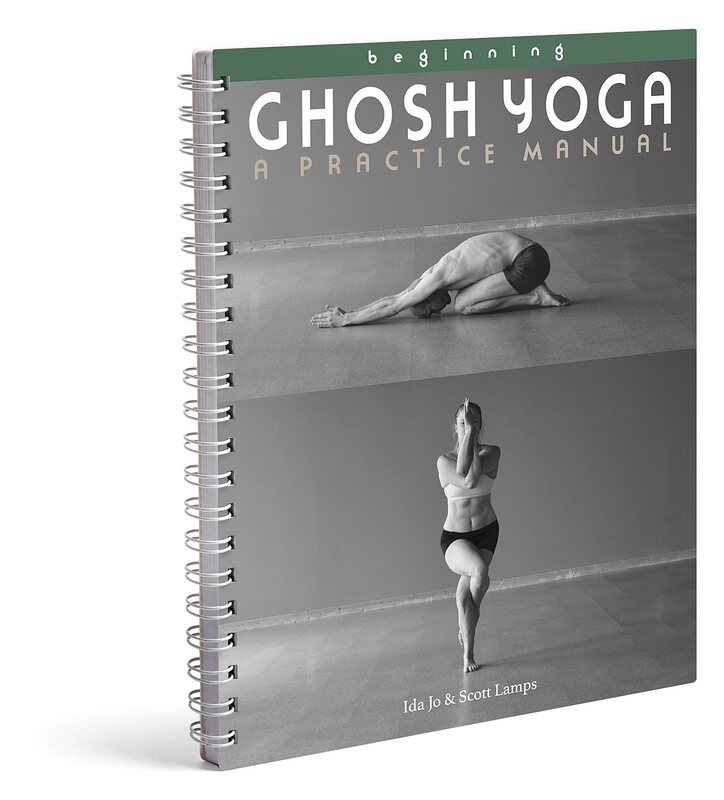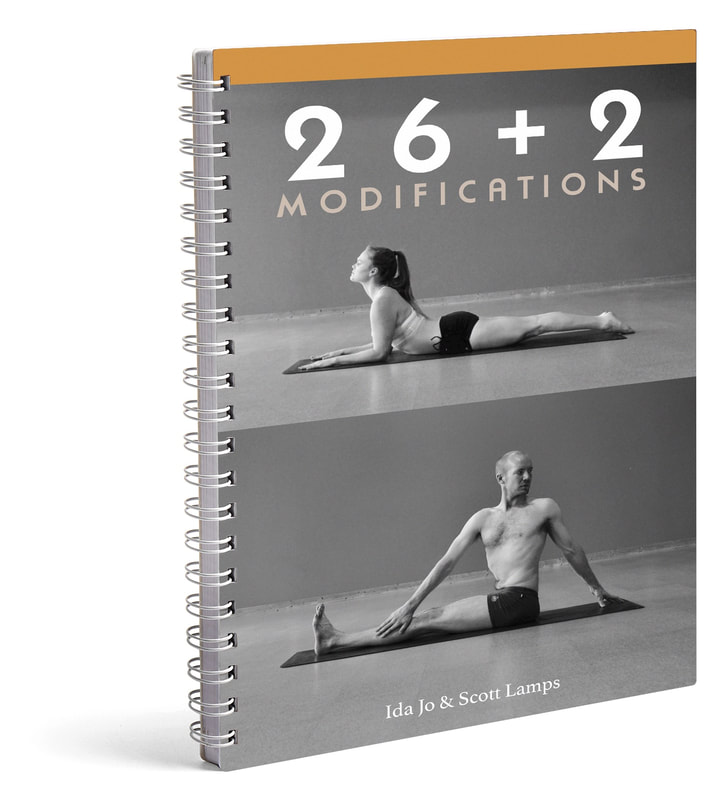This verse from the yogasutras is one of the easiest to understand, and one of the most powerful to put into practice. It can seem overly simple to promote qualities such as friendliness and kindness, but it helps to think about what we are replacing with these qualities.
FRIENDLINESS With friendliness we are replacing competition, the sense that each person is an enemy. When we feel that others are our enemies, we isolate ourselves and retreat to xenophobia, the fear and mistrust of anything that is different from us. The more we perceive others as different, the more we fear them. Friendliness, on the other hand, connects us with others. It frees us from fear and allows us to see more clearly. Sure, there are people in this world to fear and mistrust, but most people are just like us. Cultivating friendliness opens us up to the possibility of growth, connection and change. KINDNESS With kindness we are replacing selfishness and mistrust, both of which lead to meanness. No one wants to be "mean", it is a product of our own fear of not having enough or not getting our due. When we perceive others as infringing upon our rightful space, credit, food or work, we act meanly toward them. To a yogi, the big problem with being mean is that it affects us more than it affects others. It plants seeds of anger, fear and animosity within us, and those seeds will bloom eventually. The more we cultivate meanness, the more we poison our own minds. Kindness is a wonderfully simple way to combat this situation. Treat everyone with kindness, not just those who deserve it. By doing so, we plant seeds of generosity, openness and love, and those seeds will bloom too. INDIFFERENCE TOWARD HAPPINESS, VICE & VIRTUE The final instruction of this verse is more complicated. Why would we want to be indifferent toward happiness? Or vice? Or virtue? According to the yogis, some of the roots of our suffering are our attraction to pleasure and our aversion to pain. These are called raga (attraction) and dvesha (aversion). We enjoy the pleasure that we get from a compliment, attention, success, new shoes or a text message, and we become attracted to that pleasure. Our thoughts and actions are soon directed toward repeating the pleasure, and our existence begins to feel empty whenever we are not experiencing pleasure. For this reason, the yogis say that even pleasure is pain. Once we realize that pleasure and our attraction to it actually brings us more suffering, we begin to detach from the attraction. Gradually we become indifferent toward the ideas of happiness and sadness, pleasure and pain, and vice and virtue. This process takes a good teacher and a long time.
0 Comments
Leave a Reply. |
AUTHORSScott & Ida are Yoga Acharyas (Masters of Yoga). They are scholars as well as practitioners of yogic postures, breath control and meditation. They are the head teachers of Ghosh Yoga.
POPULAR- The 113 Postures of Ghosh Yoga
- Make the Hamstrings Strong, Not Long - Understanding Chair Posture - Lock the Knee History - It Doesn't Matter If Your Head Is On Your Knee - Bow Pose (Dhanurasana) - 5 Reasons To Backbend - Origins of Standing Bow - The Traditional Yoga In Bikram's Class - What About the Women?! - Through Bishnu's Eyes - Why Teaching Is Not a Personal Practice Categories
All
Archives
May 2024
|







 RSS Feed
RSS Feed